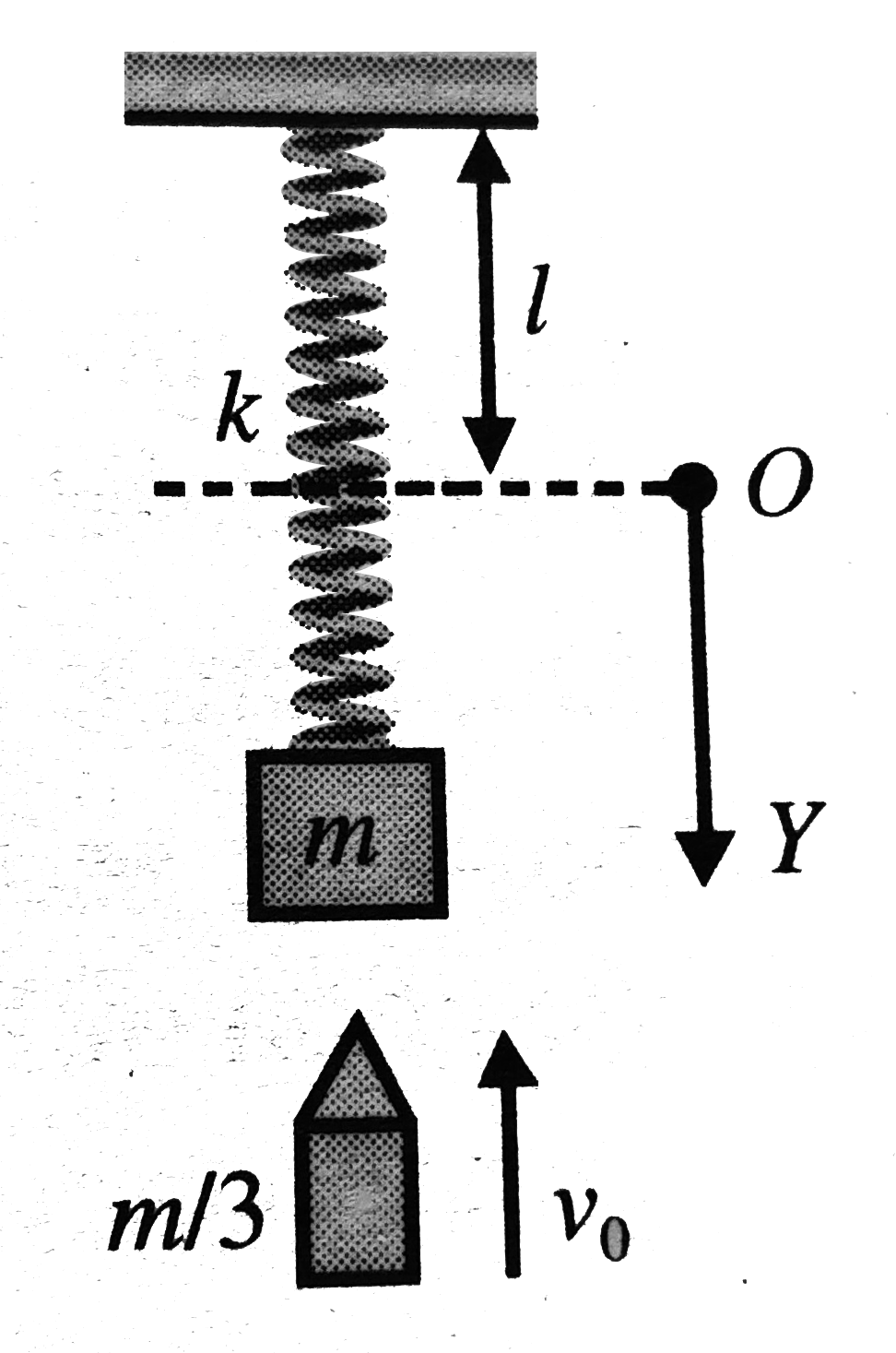Single celled animals are said to be immortal because
they grow indefinitely in size
they can tolerate any degree of change in temperature
they can reproduce throughtout their life span
they continue to live as their daughter cells.
The correct Answer is:d
Step-by-Step Solution
1. Understanding Immortality:
- Immortality refers to the ability to live indefinitely without dying. In the context of single-celled organisms, it means that they can continue their lineage without a definitive end.
2. Reproduction in Single-Celled Animals:
- Single-celled animals, such as amoeba, primarily reproduce through a process called binary fission. This is a form of asexual reproduction.
3. Process of Binary Fission:
- During binary fission, the single parent cell undergoes DNA replication. This means that the genetic material (DNA) inside the parent cell is copied.
4. Cytokinesis:
- After the DNA has been replicated, the cell undergoes cytokinesis. Cytokinesis is the process where the cytoplasm of the parent cell divides, resulting in the formation of two new daughter cells.
5. Formation of Daughter Cells:
- After cytokinesis, the original parent cell has divided into two daughter cells. Each of these daughter cells contains a copy of the original DNA.
6. Continued Division:
- Each daughter cell can continue to divide through binary fission. This means that one parent cell can lead to two daughter cells, which can then each divide to form four, and so on. This process can continue indefinitely.
7. Lineage Continuation:
- As the process continues, the genetic material from the original parent cell is passed down through generations of daughter cells. Thus, a part of the original cell continues to exist in its descendants.
8. Conclusion:
- Because the genetic material and life cycle continue through successive generations of daughter cells, single-celled animals can be considered "immortal" in the sense that they do not have a definitive end to their lineage.
- Immortality refers to the ability to live indefinitely without dying. In the context of single-celled organisms, it means that they can continue their lineage without a definitive end.
- Single-celled animals, such as amoeba, primarily reproduce through a process called binary fission. This is a form of asexual reproduction.
- During binary fission, the single parent cell undergoes DNA replication. This means that the genetic material (DNA) inside the parent cell is copied.
- After the DNA has been replicated, the cell undergoes cytokinesis. Cytokinesis is the process where the cytoplasm of the parent cell divides, resulting in the formation of two new daughter cells.
- After cytokinesis, the original parent cell has divided into two daughter cells. Each of these daughter cells contains a copy of the original DNA.
- Each daughter cell can continue to divide through binary fission. This means that one parent cell can lead to two daughter cells, which can then each divide to form four, and so on. This process can continue indefinitely.
- As the process continues, the genetic material from the original parent cell is passed down through generations of daughter cells. Thus, a part of the original cell continues to exist in its descendants.
- Because the genetic material and life cycle continue through successive generations of daughter cells, single-celled animals can be considered "immortal" in the sense that they do not have a definitive end to their lineage.
Topper's Solved these Questions
Similar Questions
Knowledge Check

A block of mass m is suspended from one end of a light spring as shown. The origin O is considered at distance equal to natural length of the spring from the ceiling and vertical downwards direction as positive y-axis. When the system is in equilibrium a bullet of mass m3 moving in vertical up wards direction with velocity v0 strikes the block and embeds into it. As a result, the block (with bullet embedded into it) moves up and start oscillating. Based on the given information, answer the following question:
Q. The time taken by the block bullet system to move from y=mgk (initial equilibrium position) to y=0 (natural length of spring) is (A represents the amplitude of motion)Athey cannot reproduce sexuallyBthey reproduce by binary fissionCparental body is distributed among the offspringDthey are microsocpic.
Single cell proteins are
View SolutionThere is no natural death in single celled organisms like Amoeba and bacteria because
View SolutionThere is no natural death in single celled organisms like Amoeba and bacteria because
View SolutionA: The single-celled organisms are immortal .
R: Cell division is a mode of reproduction in single celled organisms
View SolutionThe fruit of apple is said to be false because
View SolutionWhich is immortal?
View SolutionWhich is immortal?
View Solution
